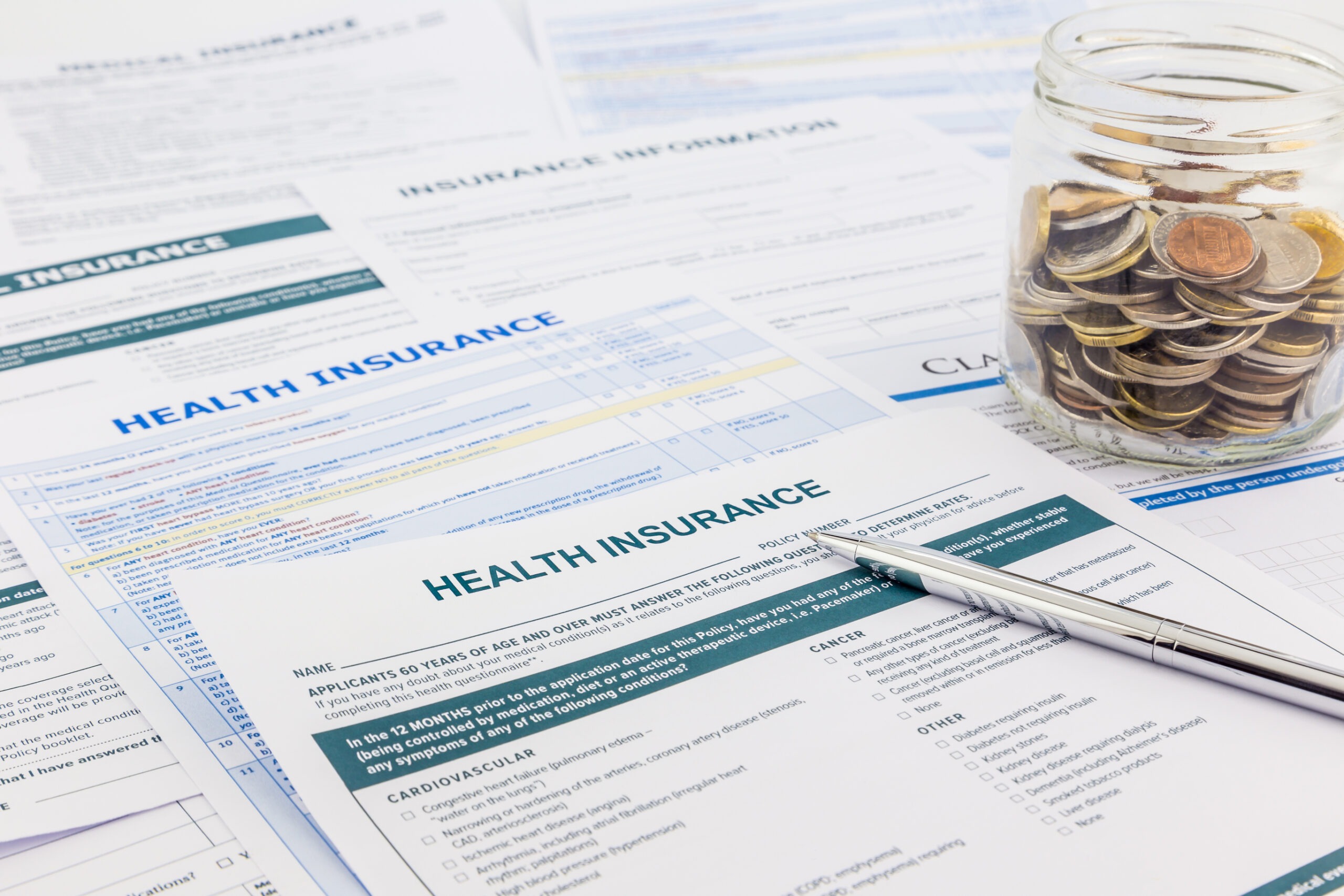In today’s economic landscape, with rising costs and stagnant wages, navigating through financial challenges can feel like traversing a maze blindfolded. For individuals grappling with high credit card debt, the journey becomes even more daunting. However, with strategic budgeting and disciplined financial management, it’s possible to find a way out of the debt maze and pave a path toward financial stability.
In this guide, we’ll explore practical budgeting tips and strategies tailored to those facing high debt situations, helping them make the most of limited resources in today’s struggling economy.
- Assess Your Financial Situation: The first step towards effective budgeting is understanding where you stand financially. Take stock of all your debts, including credit cards, loans, and any other outstanding payments. Calculate your total debt and compare it with your income to gauge the severity of your situation accurately.
- Create a Realistic Budget: Once you have a clear picture of your financial landscape, it’s time to create a realistic budget. Differentiate between essential expenses (such as housing, utilities, groceries) and discretionary spending (entertainment, dining out). Allocate a significant portion of your income towards debt repayment while ensuring that you cover essential needs.
- Prioritize High-Interest Debt: Not all debts are created equal. High-interest debt, such as credit card balances, can quickly spiral out of control if left unchecked. Prioritize paying off these debts first by allocating extra funds towards them while making minimum payments on other debts.
- Explore Debt Consolidation Options: Consolidating multiple high-interest debts into a single, lower-interest loan can streamline your debt repayment process and reduce overall interest payments. Look into debt consolidation options such as balance transfer credit cards or personal loans to potentially save money on interest.
- Negotiate with Creditors: Don’t hesitate to reach out to your creditors and negotiate better terms. Explain your financial situation honestly and ask for reduced interest rates, waived fees, or extended payment plans. Many creditors are willing to work with borrowers facing financial hardship to find mutually beneficial solutions.
- Cut Unnecessary Expenses: Trim the fat from your budget by identifying and eliminating unnecessary expenses. Evaluate subscription services, dining habits, and impulse purchases, and cut back wherever possible. Every dollar saved can be redirected toward debt repayment, accelerating your journey to financial freedom.
- Increase Your Income: In addition to cutting expenses, consider ways to boost your income. Look for opportunities to pick up extra shifts at work, pursue freelance gigs, or explore passive income streams such as renting out a spare room or selling unused items online. Every additional source of income can provide much-needed relief in high debt situations.
- Build an Emergency Fund: While it may seem counterintuitive to save money while drowning in debt, having an emergency fund can prevent you from falling further into the debt trap. Start small by setting aside a portion of your income each month until you have built up a sufficient buffer to cover unexpected expenses.
- Stay Committed and Consistent: Overcoming high debt requires discipline, patience, and consistency. Stick to your budget religiously, resist the temptation to overspend, and stay focused on your long-term financial goals. Celebrate small victories along the way to stay motivated and track your progress towards debt freedom.
- Seek Professional Help if Needed: If you find yourself overwhelmed by debt and unable to make headway on your own, don’t hesitate to seek professional assistance. Non-profit credit counseling agencies such as Advantage Credit Counseling Service can provide expert guidance tailored to your specific situation, helping you develop a customized debt repayment plan and regain control of your finances.
Conclusion –
Surviving in an expensive world with high debt may seem like an insurmountable challenge, but with the right budgeting tips and strategies, it’s possible to regain financial footing and build a brighter future. By taking proactive steps to manage your debt, prioritize your spending, and increase your income, you can navigate through the maze of financial uncertainty and emerge stronger and more resilient than ever before.
